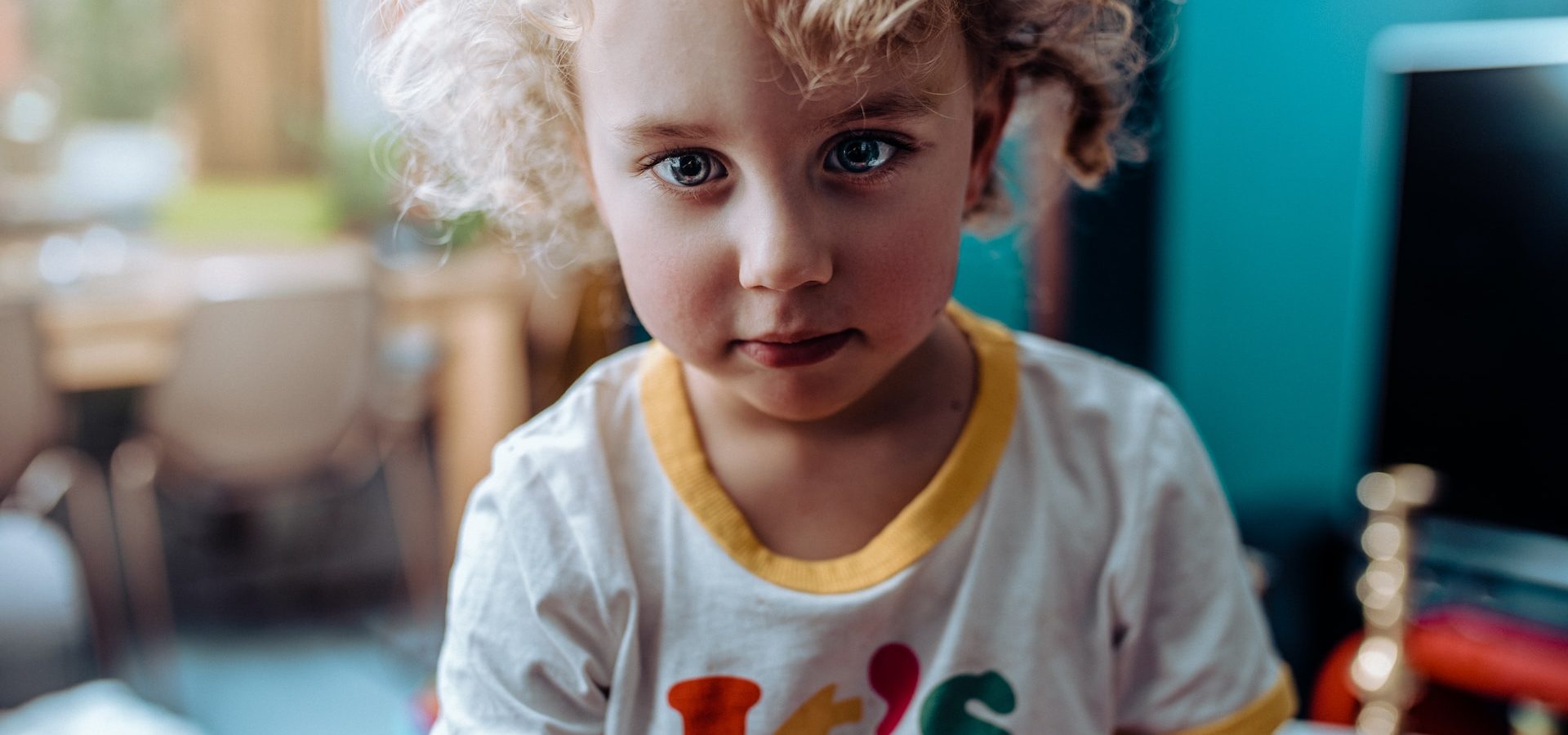Menu

Hearing is a fundamental aspect of a child’s development, contributing to their language acquisition, cognitive growth, and social-emotional well-being. Therefore, addressing hearing loss in children as early as possible is critical to ensuring they have the opportunity to thrive and excel in life. However, parents and caregivers may not always be aware of the signs of hearing impairment in children, which calls for the importance of early detection, prevention, and treatment options.
At Fraser Valley Beltone, we understand the concerns that parents and caregivers have when it comes to their child’s hearing health. As a leading hearing care centre in Langley and Abbotsford, our team of professionals is dedicated to providing comprehensive guidance and education on addressing hearing loss in children of all ages. Our unique approach to hearing care is centred around understanding our patients’ needs and equipping them with the necessary information and tools to make informed decisions for their loved ones’ auditory well-being.
This article will discuss the importance of early detection of hearing loss in children and present practical tips for parents and caregivers to stay vigilant in monitoring their child’s hearing health. We will also explore the various preventative measures that can be adopted to minimize the risk of hearing loss and examine the treatment solutions available to address this issue in children.
The Importance of Early Detection of Hearing Loss in Children
Detecting hearing loss in children at an early stage is crucial for various reasons. Early intervention can significantly impact a child’s language development, communication skills, and overall growth. Some key benefits of early detection and intervention include:
- Language development: Early remediation of hearing loss helps children develop age-appropriate language skills, both in spoken and written communication.
- Cognitive abilities: Addressing hearing loss as early as possible allows children to engage in regular age-appropriate activities and develop their cognitive skills.
- Emotional well-being: Children with effectively treated hearing loss have better opportunities to build healthy relationships with peers and caregivers, leading to a more stable emotional well-being.
- Academic performance: Early intervention enhances children’s ability to learn and participate in an educational environment, leading to better academic performance throughout their lives.
How to Monitor Your Child’s Hearing Health
Regular hearing check-ups and vigilant monitoring of your child’s hearing can lead to early detection of hearing loss. Here are a few steps to help you monitor your child’s hearing health:
- Routine hearing tests: Schedule regular hearing tests for your child with a qualified audiologist or hearing care professional to identify any potential issues.
- Be aware of common signs: Pay attention to any changes in your child’s speech, communication, or behaviour indicating possible hearing loss, such as delayed speech development, difficulty understanding, or lack of response to sounds.
- Monitor exposure to loud noises: Limit exposure to loud noises and ensure that your child uses appropriate hearing protection during noisy activities.
- Communicate with educators: Stay in touch with your child’s educators to gather insights about any unusual behaviour, academic challenges, or social difficulties that might indicate hearing issues.
Preventative Measures to Minimize the Risk of Hearing Loss in Children
Preventing or minimizing the risk of hearing loss in children is as critical as early detection and intervention. Here are some preventative measures you can adopt:
- Prenatal care: Good prenatal care, including a well-balanced diet, regular check-ups, and immunizations, can contribute to a healthy pregnancy and minimize the risk of birth-related hearing issues.
- Immunizations: Ensure your child is up-to-date with vaccinations to prevent illnesses that could cause hearing loss, such as meningitis and measles.
- Limit exposure to loud noises: Encourage your child to use earplugs or noise-cancelling headphones during noisy events, and educate them about safe listening practices while using personal audio devices.
- Careful use of medications: Some medications can damage the auditory system. Consult with healthcare professionals before administering any medication to your child to understand potential side effects and ensure proper dosage.
Treatment Solutions for Children with Hearing Loss
If your child has been diagnosed with hearing loss, a variety of treatment options are available to help them maintain a normal, active lifestyle. Some common solutions include:
- Hearing aids: Designed for children of all ages, pediatric hearing aids amplify sounds, making them more accessible for children with hearing loss. Modern hearing aids come in various sizes, styles, and colours to make them more appealing for children.
- Cochlear implants: Children with severe or profound sensorineural hearing loss may benefit from cochlear implants, a surgically implanted device that directly stimulates the auditory nerve.
- Bone-anchored hearing systems: These devices utilize bone conduction to bypass the outer and middle ear, delivering sound directly to the inner ear. They are ideal for children with conductive, mixed, or single-sided deafness.
- Speech therapy: In conjunction with the appropriate amplification device, speech therapy can help children develop age-appropriate language and communication skills.
- Educational support: Specialized educational support and resources, such as individualized education plans, assistive listening devices, and accommodations in the classroom, can make learning more accessible for children with hearing loss.
Conclusion
Your child’s hearing health plays a vital role in their overall well-being and development. Being proactive in monitoring their hearing, adopting preventative measures, and seeking early detection and intervention can significantly improve their quality of life. At Fraser Valley Beltone, our team of hearing care professionals is dedicated to helping your child navigate the challenges of hearing loss and providing tailored solutions to meet their unique needs.
If you have concerns about your child’s hearing or need more information about hearing tests and solutions, schedule a consultation with our experts in Langley or Abbotsford. With our personalized approach and commitment to your child’s auditory health, we’ll help ensure they can enjoy the beautiful sounds of the world around them. Don’t wait – take the first step towards your child’s brighter auditory future today.
Share Post
Facebook
Twitter
LinkedIn
Email
Reddit
Pinterest
